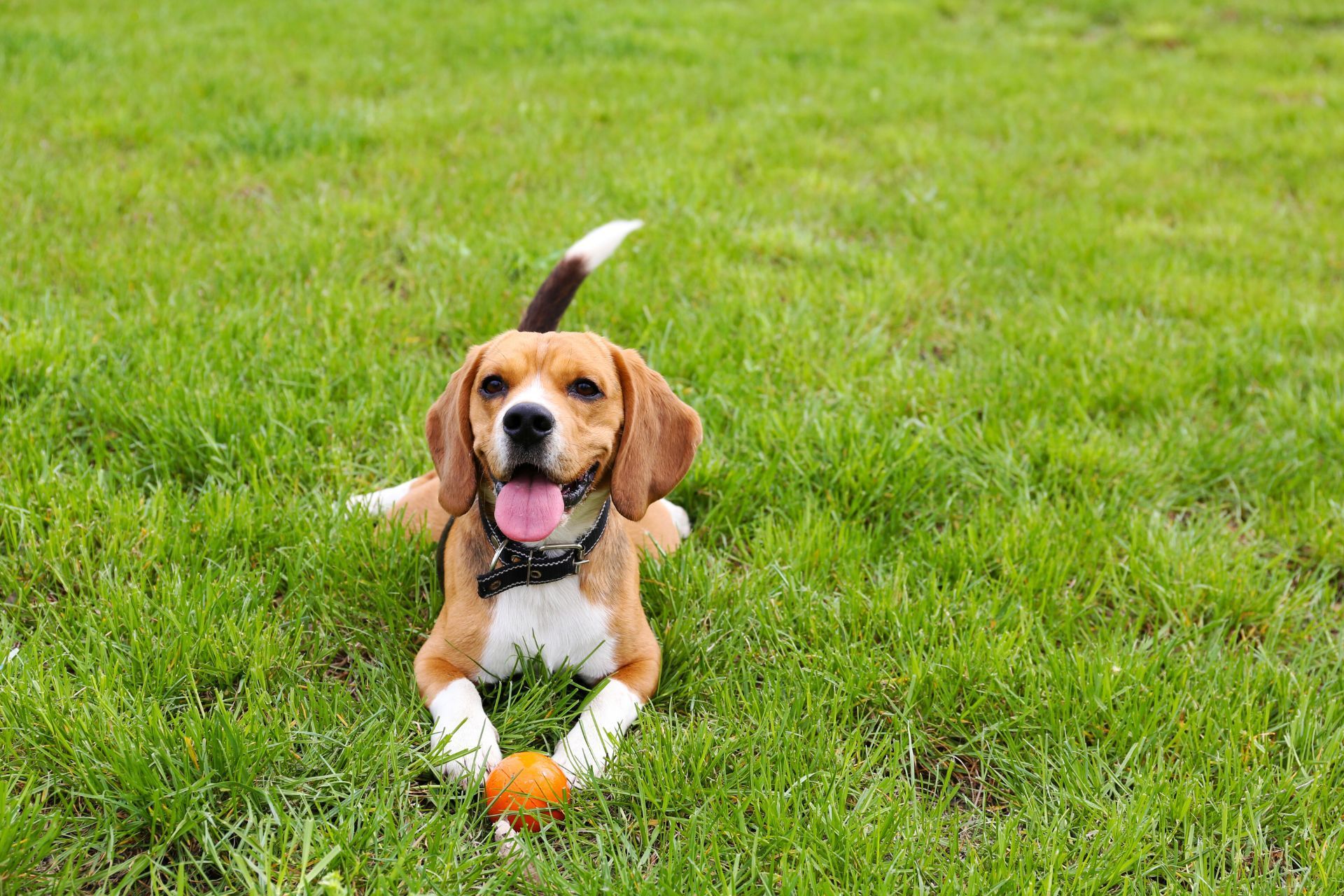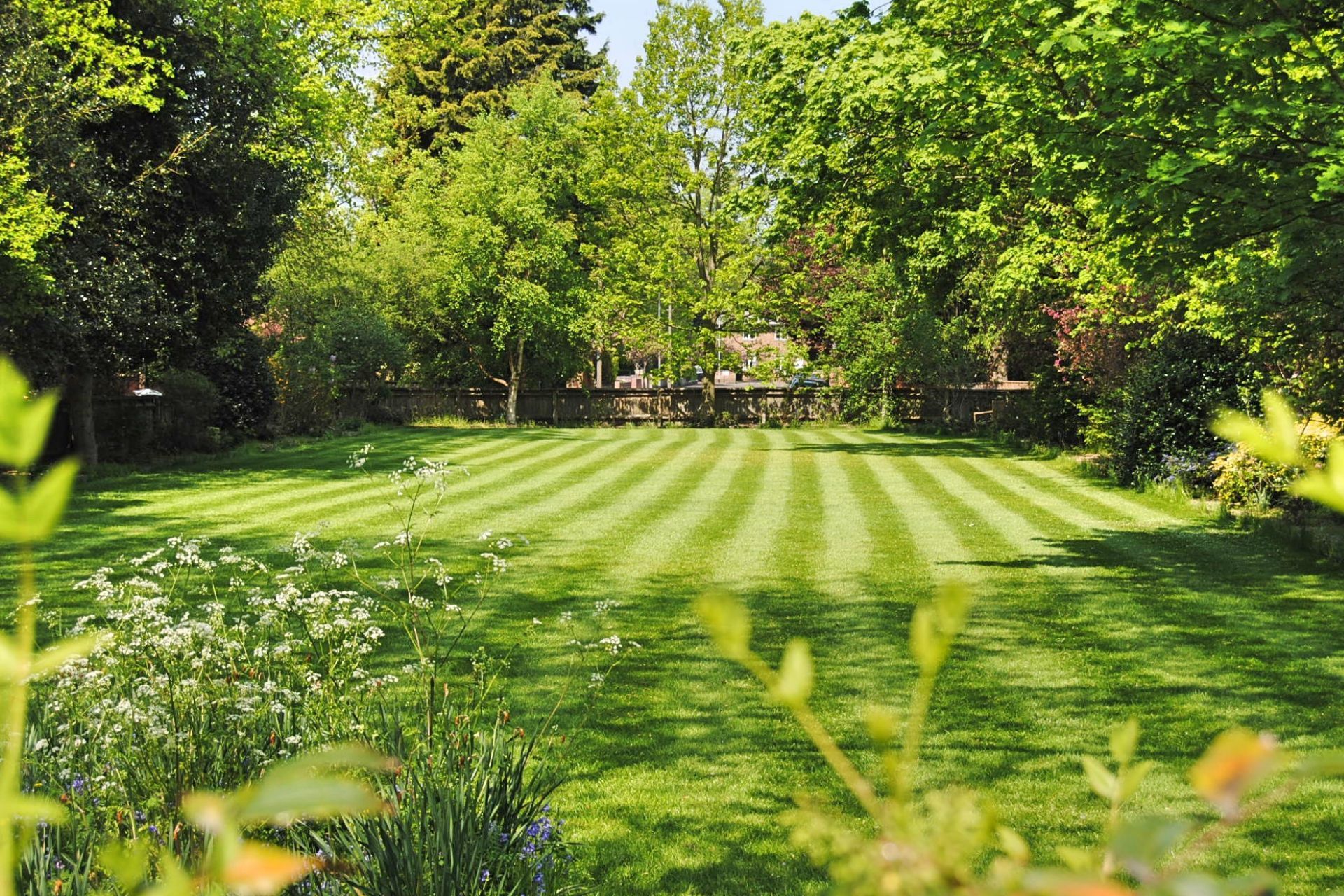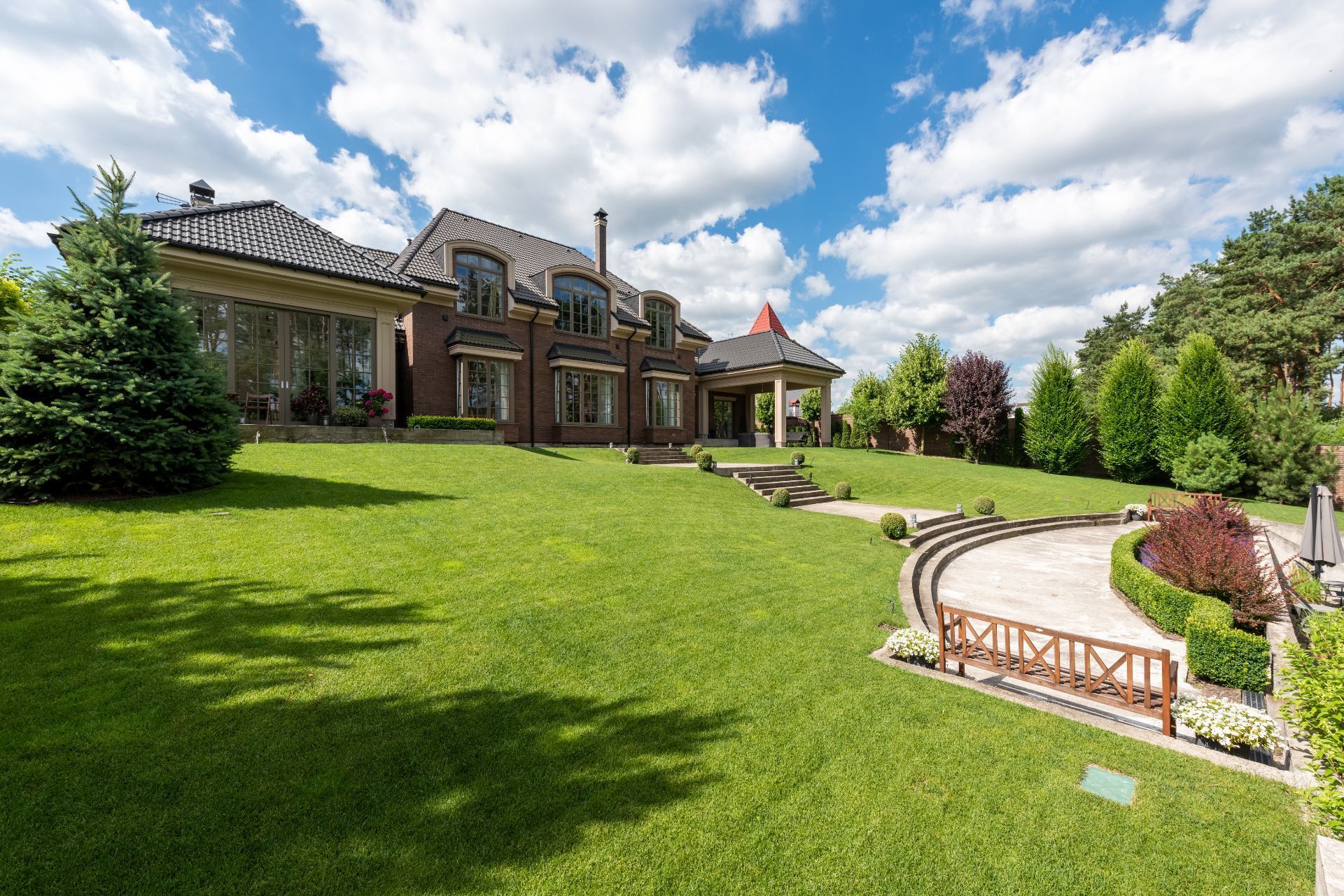Pet-Friendly Lawncare: Creating a Safe Play Area for Your Fur Family
Creating a safe, welcoming outdoor environment for your pets is just as important as maintaining a beautiful lawn. At Dead Silent Lawncare in Athens, GA, we understand the need to balance aesthetics with pet safety. Our pet-friendly lawncare practices ensure your yard is a healthy, secure playground for your fur family. In this article, we explore strategies to make your lawn a pet-safe haven while keeping it lush and green.

1. Choosing Pet-Safe Lawn Products
Non-Toxic Fertilizers and Pesticides
Opt for organic and pet-safe fertilizers and pesticides that are free from harmful chemicals. Traditional products can leave residues that may be toxic upon ingestion or skin contact. Look for natural, organic alternatives that minimize risks to your pets and the environment.
Understanding Labels
It's important to read labels carefully and follow application instructions to ensure products' safety. Products labeled as "pet-safe" offer reassurance, but always allow treated areas to dry completely before letting pets back on the lawn.
2. Safe Landscaping Choices
Pet-Friendly Grass Varieties
Certain grass varieties, like Bermuda and Zoysia, are more durable against pet traffic and play. These species recover quickly from damage, reducing the risk of bare patches that can tempt pets to dig or irritate sensitive paws.
Landscaping with Purpose
Design your landscape with pet-safe plants and materials. Avoid toxic plants like lilies and azaleas, and consider creating designated pet paths with mulch or stone to direct traffic and reduce lawn wear.
3. Maintaining Clean and Safe Spaces
Regular Lawn Maintenance
Regularly clean your lawn of pet waste to maintain a healthy environment. Dog urine can cause brown spots; watering the area after your pet relieves itself can dilute the urine and minimize damage.
Appropriate Lawn Height
Maintaining proper mowing height helps protect your lawn from disease and stress, creating a more resilient play area for your pets. A slightly taller grass height can also make it more comfortable for pets to run and play.
4. Providing Shade and Shelter
Shady Spots for Relaxation
Ensure your yard has shaded areas where pets can cool off during hot days. Planting trees or setting up pet-friendly awnings provides comfortable spaces for pets to relax and avoid overheating.
Safe Outdoor Structures
Consider adding pet-safe structures like tunnels or playhouses that provide entertainment and shelter from weather elements, enhancing the overall outdoor experience for your fur family.
5. Hydration and Comfort
Accessible Water Stations
Place water bowls or fountains in the yard to keep pets hydrated, especially during hotter months. Regular access to fresh water is crucial for their health and happiness during outdoor play.
Ground Cover Solutions
Use pet-friendly ground covers like clover or thyme, which are soft underfoot and resist damage from foot traffic. These plants can be an attractive and practical alternative to traditional grass.
Conclusion
Creating a pet-friendly lawn involves integrating safety, durability, and environmental responsibility into your lawn care routine. At Dead Silent Lawncare in Athens, GA, we prioritize pet-friendly practices to ensure your yard remains a safe, enjoyable play space for your beloved fur family. By applying these strategies, you can ensure a healthy, safe, and attractive lawn that meets the needs of both your home and your pets.
Frequently Asked Questions
What lawn products are safe for pets?
Choose organic, pet-safe fertilizers and pesticides to avoid exposing pets to harmful chemicals.
Which grass types are best for pet-friendly lawns?
Durable species like Bermuda and Zoysia resist pet traffic and damage, maintaining a lush appearance.
How do I prevent brown spots from pet urine?
Water the area immediately after your pet relieves itself to dilute urine and minimize lawn damage.
What landscaping features are pet-friendly?
Incorporate shady areas, pet paths, and non-toxic plants to enhance safety and comfort for pets.
Why is hydration important for pets outdoors?
Hydration is crucial for pet health, especially in warmer months. Provide accessible water stations in your yard.


